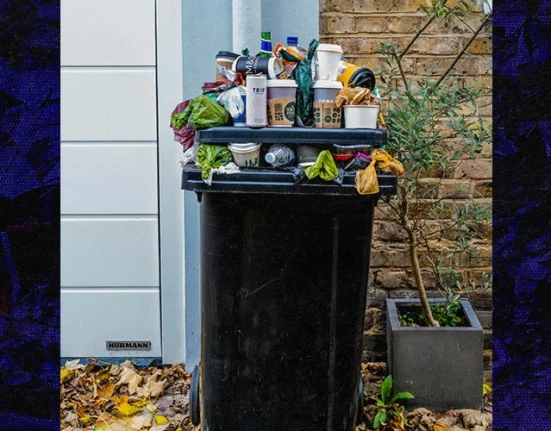HAVE you heard of the term “greenwashing?”
If you haven’t, “greenwashing” is when companies give out false or misleading information about their products, making them out to be environmentally friendly when in truth, they aren’t. This can be seen in products that claim to be made from recycled materials or have energy-saving benefits.
This may be true to an extent but there are companies that exaggerate how environmentally friendly they are to mislead consumers and to present a greener image to business partners and consumers.
This is because, while it may have been enough in the past to just sell whatever goods or services people needed without having to think of the ramifications on the environment, people are now demanding more from companies.
They want ethically sourced food and clothes that aren’t made in sweatshops. In short, they want businesses to start taking accountability.
This is why, when looking at companies to support, you should focus on the ones that do “green marketing” and not greenwashing. Green marketing is when companies sell products or services that help the environment, without having to lie or mislead customers. This is also referred to as “eco marketing” or “environmental marketing.”
Some examples of green marketing would be having products or services that are organic, eco-friendly, recyclable, and sustainable. It also helps if the companies take the extra mile to support the environment, such as by donating to environmental organizations, taking part in recycling programs, or taking action to make their waste-disposal practices less harmful.
If you still find it difficult to differentiate the two, here are some things that might help:
Be a conscious consumer
In 2022, Manila had a pollution index score of 89.9. While it was an improvement, it was still worryingly high.
While air quality did improve during the pandemic, it worsened again when restrictions were lifted. Last year, the air quality in the Philippines was three times higher than what the World Health Organization considered to be safe.
The Philippines is also 69th on the list of most polluted countries in the world, with some of the most prevailing problems being rising sea levels and air, plastic, and marine pollution.
This is why it’s imperative to be more conscious of your practices as a consumer. A YouTube video from Sustainable Earth explains that while the weight of dealing with these problems lies more on the shoulders of big corporations, your choices still make an impact.
Here are some things you can do to be a more conscious consumer and to save the earth in your little way.
1. Look for the warning signs
According to Sustainable Earth, it’s important to look out for the following with products that claim to be environmentally friendly:
- Green packaging
- Images of animals or leaves on them
- Pledges of being environmentally friendly without including results or details
- No certifications or information about being sustainable or environmentally friendly on their website
- Using buzzwords such as “green” or “eco-friendly,” or plain language like “100% earth friendly” and “completely sustainable”
- Having exaggerated or questionable statistics
In situations like these, it’s best to check for certifications on the packaging that prove these claims. “Fair Trade Certified,” for example, is one that you can look out for.
2. Do your research.
If you have the time, something you can also do is to research about these products beforehand. Look at their history, particularly their business practices.
Do their values align with yours? Are their causes similar to those that you want to support?
Do they go out of their way to reduce harmful practices or to help the communities that corporations like theirs have hurt in the past?
It’s best to consider these things when making your purchases. It may be challenging but it’s a big step in helping the environment and it might help you sleep a bit easier at night.
3. Don’t beat yourself up.
Another thing to remember is that if you make a mistake, you shouldn’t beat yourself up about it. You’re human, and that’s what humans do.
What matters is what you do after making this mistake. Do you simply stop trying altogether? Or do you acknowledge how you messed up and try to do better moving forward?
Remember that every day is an opportunity to be a better person, and you shouldn’t rid yourself of that. Keep your mind open to new possibilities, and make change happen where it needs to happen.
However, nothing’s going to happen if you don’t put the effort in. Both consumers and companies must help the environment, no matter how big or small they feel their impact might be.
As long as you’re helping – as long as you’re doing your part – that’s all that matters.









